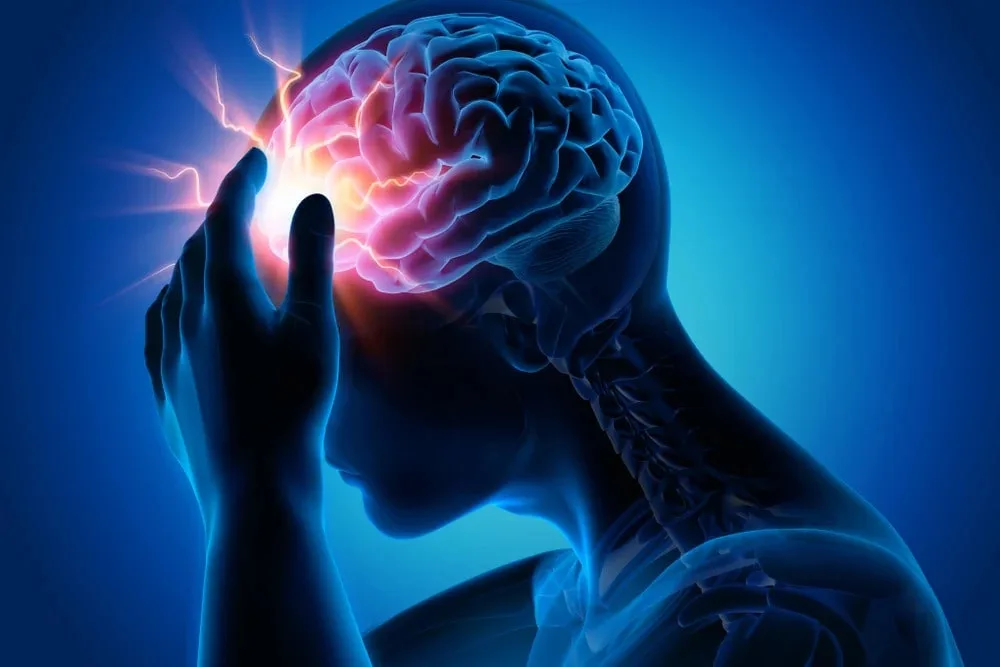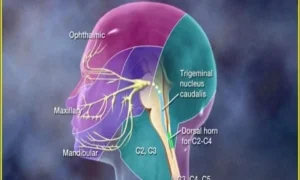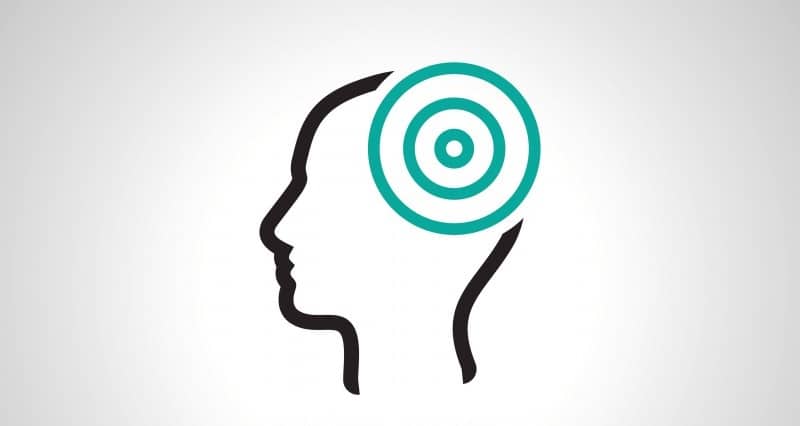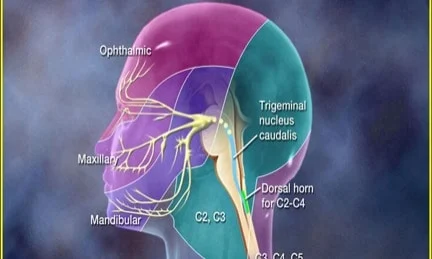Migraine is a severe form of headache affecting millions of people all around the world. In a report given by Statistics Canada, 2.7 million Canadians were noted to have been diagnosed with migraines. It was also reported that many more people with migraine headaches did not seek medical help, and so remained undiagnosed.
Living with chronic migraines can be a challenging experience, impacting not only your physical well-being, but also your overall quality of life.
When it comes to managing migraine headaches, exciting breakthroughs are continually emerging to improve quality of life. Among these innovations, Intravenous (IV) therapy stands out as a promising avenue, offering a fresh perspective on managing and alleviating pain from migraines.
Let’s go into what IV therapy entails and how it could offer a possible solution for those nasty migraine headaches.
How IV therapy works for chronic migraine relief?
IV therapy (Intravenous therapy) is a type of therapy where medications are administered via infusions directly into the bloodstream.
IV therapy usually contains vitamins, minerals, pain-relief and anti-inflammatory medications targeted at relieving migraines.
Types of IV therapy for migraine relief:
- Magnesium Infusion: Magnesium deficiency has been linked to migraines, and IV therapy can directly address this by infusing magnesium into the bloodstream. Magnesium is believed to regulate neurotransmitter release and blood vessel constriction, potentially reducing the frequency and severity of migraines.
- Vitamin B Complex Infusions: B vitamins, including B2 (riboflavin) and B6, play a role in brain function and may contribute to migraine prevention. IV therapy delivering a complex of these essential vitamins aims to correct deficiencies and promote overall neurological health.
- Hydration Therapy: Dehydration is a known trigger for migraines, and IV hydration therapy ensures a swift and efficient replenishment of fluids. This can be particularly beneficial during acute migraine attacks when maintaining proper hydration is essential for symptom management.
- Customized Nutrient Blends: IV therapy involves the use of what is called “migraine cocktails” which is a blend of different medications, electrolytes and vitamins that help relieve migraines.
Healthcare providers may tailor IV therapy to individual needs based on your specific migraine triggers and symptoms.
Different types of migraine cocktails in use includes:
- OTC migraine cocktail: combination of acetaminophen, anti-inflammatory drugs (e.g. aspirin) and caffeine.
- Myer’s cocktail: A combination of vitamin B, vitamin C, magnesium and calcium.
- NAD+ Therapy: Nicotinamide adenine dinucleotide (NAD+) is a coenzyme involved in various cellular processes. NAD+ therapy, delivered through IV, has shown promise in reducing migraine frequency and intensity. Its role in energy production and mitochondrial function may contribute to overall migraine relief.
- Eptinezumab-JJMR (VYEPTI) Therapy: This is the newest FDA-approved infusion for migraines. It was seen in clinical trials to reduce migraines in 75% of people treated. Eptinezumab-JJMR is an antibody that antagonizes Calcitonin Gene Related Peptide which drives the generation of migraines.

Benefits of IV therapy
IV therapy has several benefits compared to other traditional treatment options and they include:
- Faster migraine relief: IV therapy offers quicker relief for migraines as the medications are given directly into the bloodstream. Unlike other medications that need to be swallowed and digested, IV therapy makes the drug ready-to-use without going through the process of digestion.
- Hydration: IV therapy is made up of drugs mixed in fluids. Asides its effect on relieving migraines, IV therapy also gives you enough fluid to stay hydrated. This further helps prevent migraines triggered by dehydration.
- Nutrition: IV therapy for migraines contains vitamins and minerals such as vitamin B, vitamin C and magnesium which replenishes your body’s nutrient stores, treat migraine headaches and prevent infections.
- Prevention of future migraines: IV therapy contains magnesium, zinc and vitamins which has been seen to prevent migraine attacks and reduce the frequency of migraine episodes.
Drawbacks of IV therapy for chronic migraine relief
Aside from all the benefits of IV therapy in the treatment of chronic migraines, there are some drawbacks to consider before making the final decision.
These drawbacks include:
- Frequent hospital visits: Setting up an IV is a delicate procedure that is to be done by a professional. It is not recommended that you do it at home by yourself. This then requires you to pay more visits to the hospital to get your IV therapy, compared to other oral medications that you can take at home.
- May cause pain and discomfort: If you are not a fan of needles or injections, then you may want to reconsider IV therapy. This therapy involves needles which can cause mild pain while setting up, compared to oral medication that does not require injections.
- Takes time to complete: IV therapy can run for an hour or more depending on the volume of fluid prescribed and the rate at which it is being administered. To get your medications, you would need to set some time aside compared to oral medications that you can take immediately.
- May affect the body’s electrolyte balance: If given in excess or not properly monitored, IV therapy can cause a shift or disturbance in the body’s electrolyte balance.
Conclusion
Exploring IV therapy as an option for chronic migraine relief is a good step towards regaining control over your well-being. It’s important that you consult with healthcare professionals who can assess you and determine if IV therapy is the right choice for you.


















